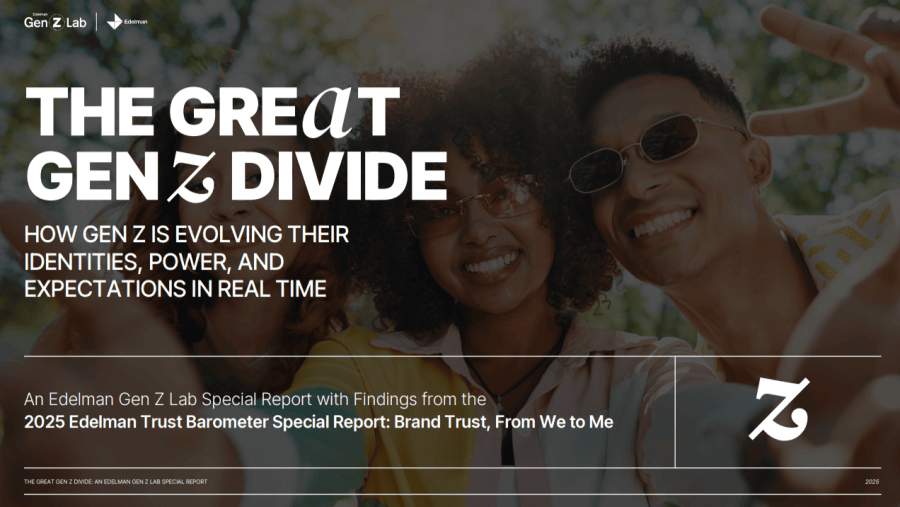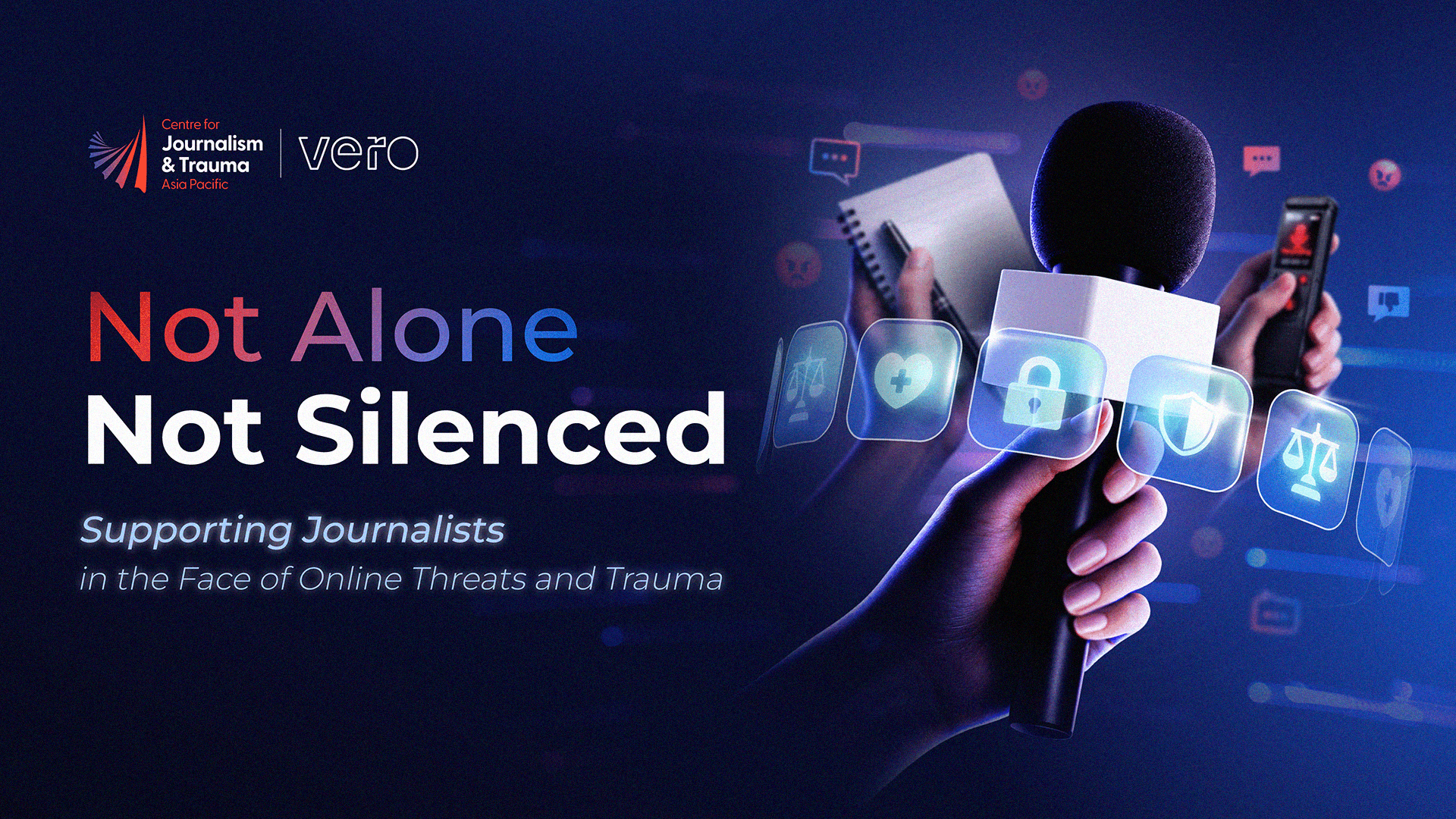Edelman Gen Z Labs has released “The Great Gen Z Divide” report, which examines how Gen Z 1.0 (ages 23-29) and Gen Z 2.0 (ages 13-22) are shaping the future differently.
The report featured findings from the 2025 Edelman Trust Barometer Special Report: Brand Trust, From We to Me, and looks into the trust in brands versus institutions; the expectations of personalisation, proximity, and daily value; and the fragmentation of this generation.
Overall, the report found that brands used by Gen Z and brands in general enjoyed higher trust than institutions such as government, media, and NGOs. These higher trust levels, at 79 and 68 per cent respectively, indicated an openness to stronger two-way relationships with brands. However, this also means that if expectations are not met, Gen Zers will impose higher penalties for the fallen trust.
Trust is a major factor in Gen Z purchasing decisions. 84 per cent of Zers ranked brand trust, alongside quality and reputation, as important or a deal breaker.
To earn this trust, the generation wants brands to lean in and provide deliverables such as helping to make them feel good, support them to do good things, and give them optimism.
However, in engaging with Gen Z, brands cannot view this generation as a monolith. Understanding the differences between Gen Z 1.0 and Gen Z 2.0 can prevent brand strategies from falling apart.
In general, Gen Z 1.0 are trusting till proven wrong, and still believe brands and systems can be influenced and influential. Meanwhile, their 2.0 counterparts are sceptical till proven credible and expect brands and institutions to fall short.
Globally, 60 per cent of older Gen Zers trusted the government to do what is right, compared to a mere 47 per cent of younger Gen Zers.
In terms of trust in brand ambassadors, like other customers, journalists, and brand CEOs, Gen Z 1.0 came out as more trusting than the global average, whereas 2.0 were more sceptical.
But both cohorts displayed less trust than older generations. Amongst groups and sectors that saw declines in Gen Z trust are healthcare professionals and big food companies, while AI was viewed as both a lifeline and stressor.
Based on these findings, key suggestions from the report include:
- To combat noise and content fatigue, brands should avoid algorithmic saturation and create intentional experiences.
- To connect with this generation more personally, brands should ensure that their brand values add to Gen Z lives. While Gen Z 1.0 may still respond to urgency and moral clarity, their 2.0 counterpart answers better to reassurances, realism, and simplicity.
- To influence, brands should act more as creators that inspire, as opposed to institutions that instruct. Gen Z places higher trust in peers and seeks horizontal insights and inspiration.
- To better engage with the generation, brands can look to create value-added touchpoints in the ecosystems that Gen Zers are already active in, rather than creating new spaces.



